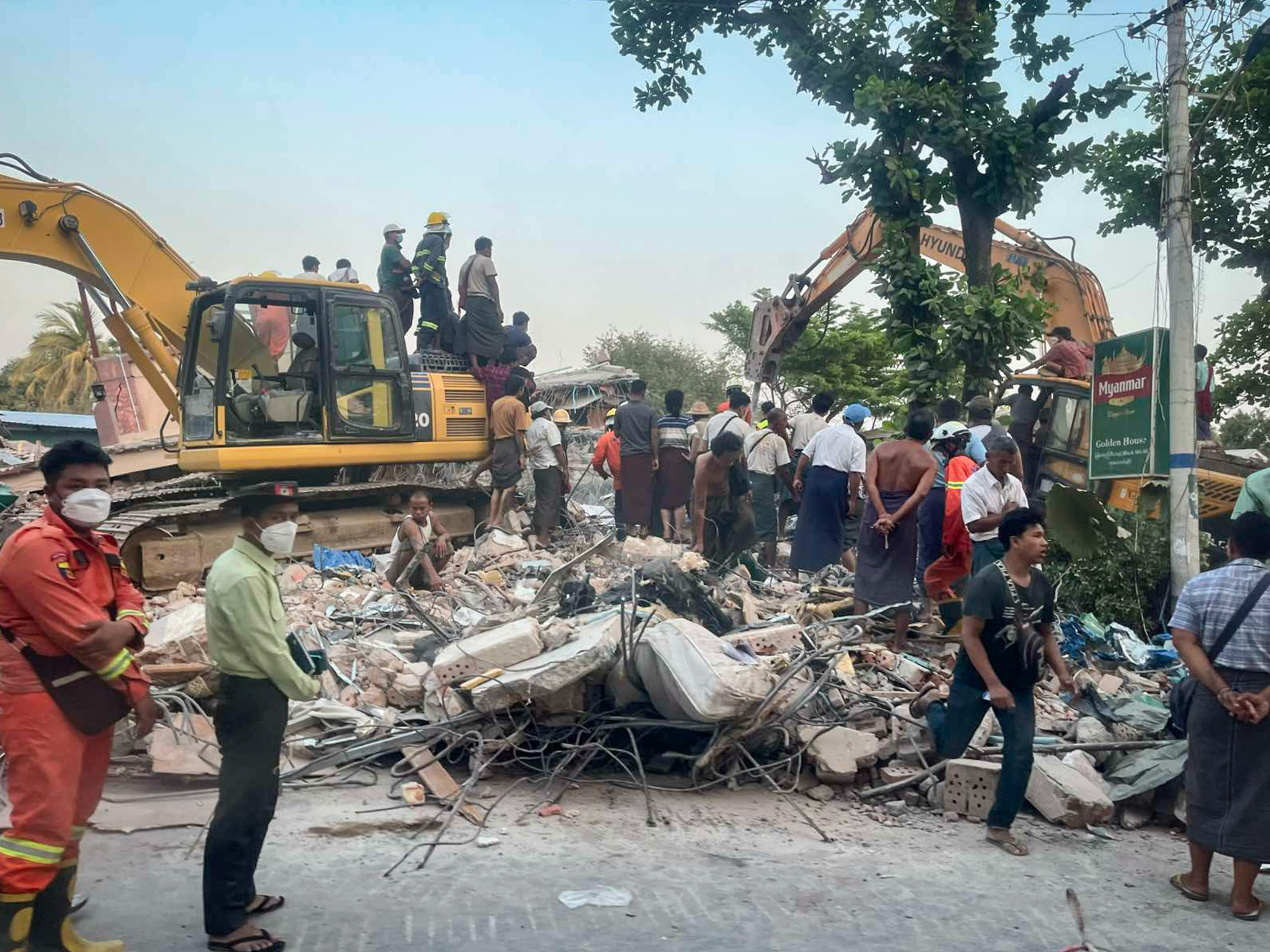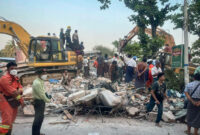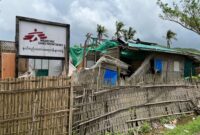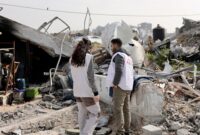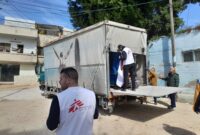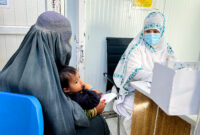Myanmar: MSF warns of severe healthcare disruptions amid ongoing emergency
We’re getting ready for what seems will be a long and intense emergency.
The healthcare system has been severely impacted at multiple levels, with secondary care being particularly affected. Hospitals, including operating rooms, are non-functional—not only for emergency surgeries but also for essential procedures like cesarean sections. Doctors Without Borders/Médecins Sans Frontières (MSF) teams are prioritizing efforts to provide immediate relief by strengthening secondary healthcare services.
At the same time, primary healthcare remains crucial in this context, ensuring continued access to essential medications for non-communicable diseases such as diabetes and hypertension.
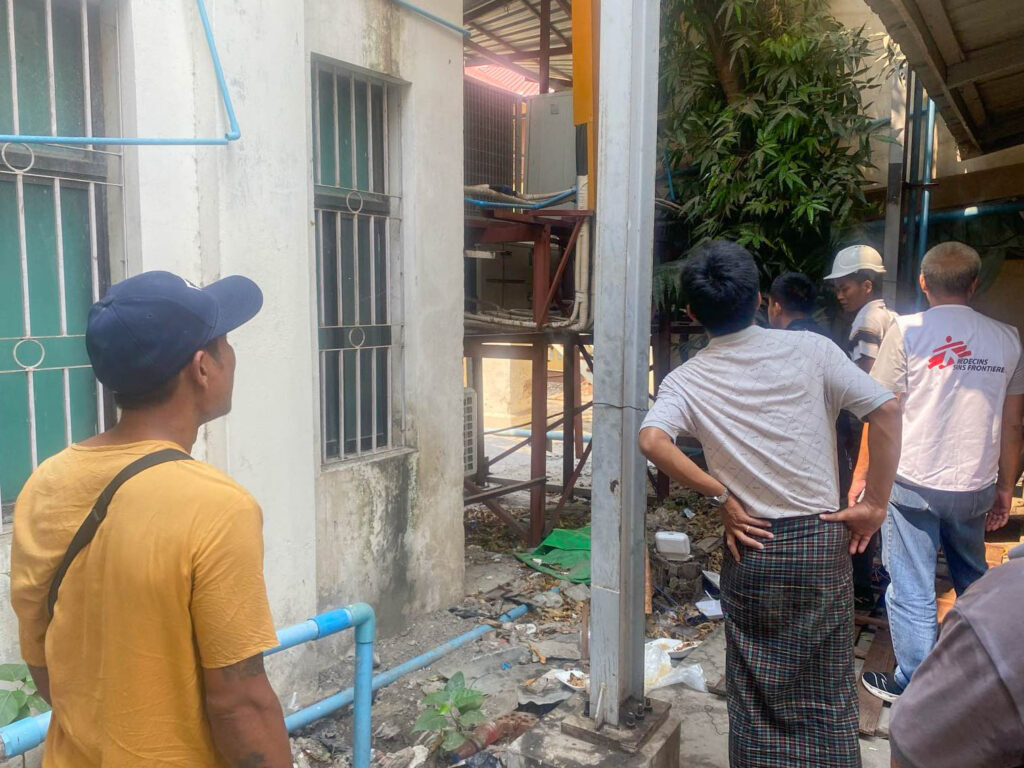
We are also worried about the psychological toll on the affected communities, many of whom are experiencing stress and acute trauma following the earthquake and ongoing aftershocks. To help build resilience, our teams are actively providing psychological first aid training as an integral part of the emergency response.
A key priority for MSF in Myanmar is community engagement—working closely with local efforts to ensure a meaningful and lasting impact on the health and well-being of those affected. Our goal is to strengthen existing capacities, particularly through the dedication of local communities and our local staff, who have been at the forefront of MSF’s response since day one.
